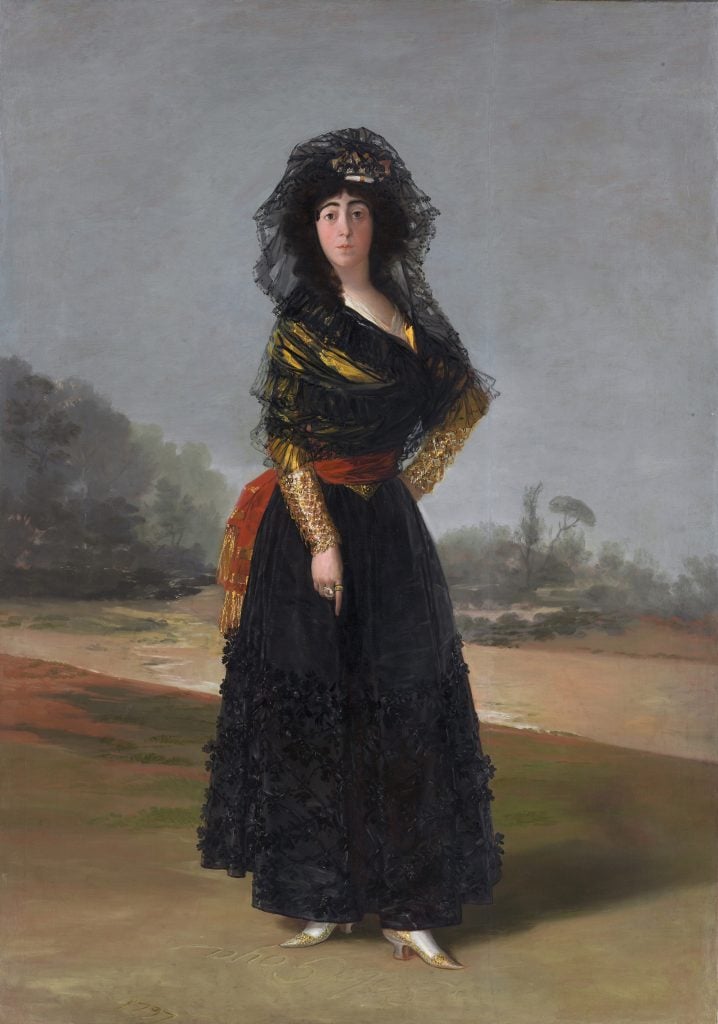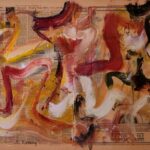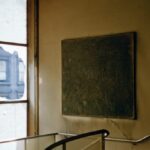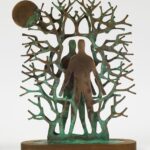Looking ahead to the bicentennial of the death of Francisco Goya (1746–1828), New York’s Hispanic Society Museum and Library is opening a new Goya Research Center dedicated to the Spanish artist in its library’s reading room.
The new initiative is led by the society’s director, Guillaume Kientz, an expert on the artist who previously spent nine years as the curator of Spanish and Latin American art at the Louvre in Paris. (The Hispanic Society is dedicated to art and cultures of Spanish- and Portuguese-speaking countries.)
Kientz believes that there is presently a dearth of scholarly interest Goya, especially given the artist’s stature, and his prevalence in U.S. collections.
“We can count approximately 70 Goya paintings in U.S. museums, and numerous drawings and infinite prints,” he told me. “And we are talking about someone at a level of Leonardo da Vinci or Michelangelo or Rembrandt. We are just a handful of scholars interested in Goya’s work. Compared to the importance of the artist, it’s almost shocking.”
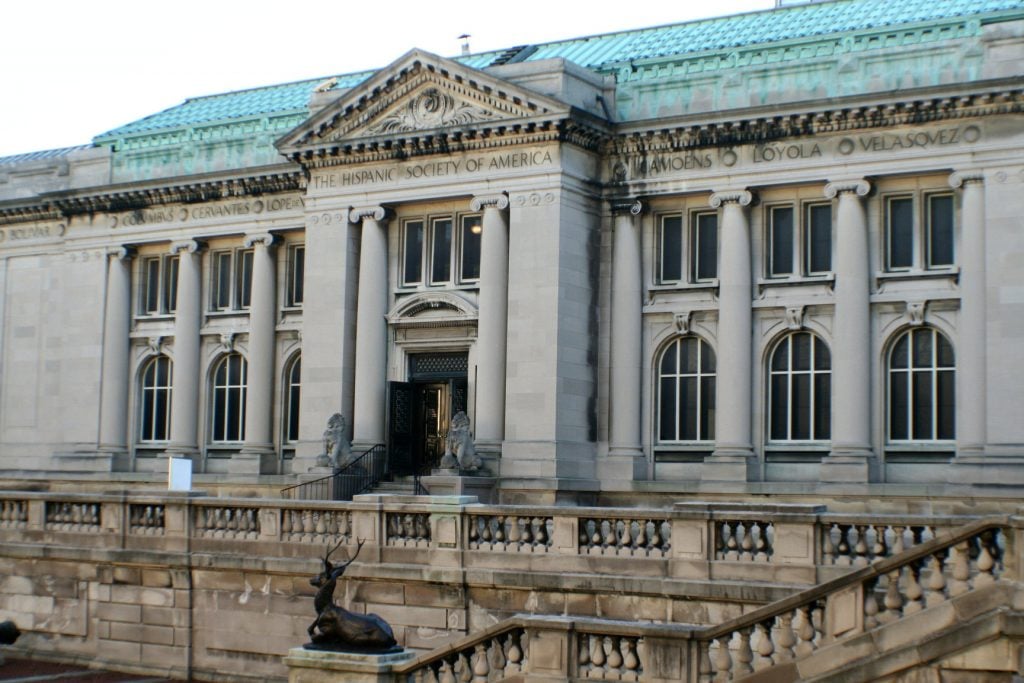
The Hispanic Society of America building on the Audubon Terrace in Washington Heights, New York. Photo by Asaavedra32, Creative Commons Attribution-Share Alike 3.0 Unported license.
The hope is that the research center can capitalize on the Hispanic Society’s holdings of Goya’s work: four paintings, 13 drawings, and some 800 prints. But it will also be a central place for different museums, academics, and other institutions to share new findings and about the artist’s life and work.
Kientz expects that one area that the research center will focus its energies is provenance. Another is works with contested attributions—pieces that may have been downgraded in the eyes of experts since the Goya catalogue raisonné was published in the 1970s.
The Hispanic Society, for instance, owns some paintings that are no longer believed to be autograph works by the artist, but are ripe for reevaluation.
“We’re not the only museum or collection in this situation,” Kientz said. ”So, it would be very interesting, insightful, and helpful that we get together and we consider these cases, compare the technical analysis that we have, and move forward together—that promises to be a very interesting discussion!”
As a first step, the research center has established a Goya Research Committee, which will hold its first meeting this month. Its members are New York-based museum professionals and academics including Dorothy Mahon of the Metropolitan Museum of Art, John Marciari of the Morgan Library and Museum, Xavier F. Salomon of the Frick Collection, and Lisa Small of the Brooklyn Museum.
In the long term, the research center aims to stage Goya programming and exhibitions, and produce books and online publications about their findings on the artist. It will also create a fellowship program for Goya scholars, and hold an yearly symposium. The annual budget will be $200,000.
“There is a lot left to study, and there is a need for a new generation of Goya scholars,” Kientz said, noting that the current crop of experts is “aging—I don’t mean any disrespect by saying that, but we need to think of the future. It’s critical that we make sure that the new generation get interested in Goya studies and keep the scholarship alive, not only for the benefit of Goya research, but also for the enjoyment and education of the public.”
Follow Artnet News on Facebook:
References: this article is based on content originally published by on Artnet. You can read the full article here.
